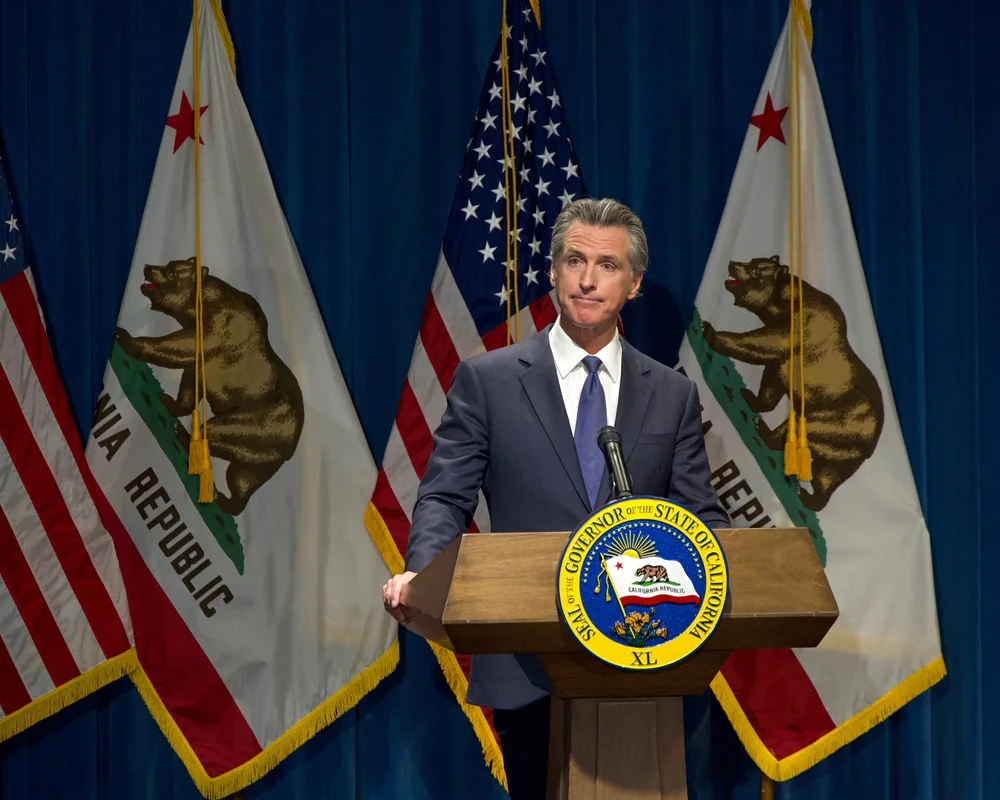
Love, Hedges, and Bad Neighborhoods
An American First policy will pressure the region’s corrupt regimes, facilitate their downfall, and open the region to an enhancement of private enterprise, free exchange of goods and ideas, and a freer movement of people under the law.
Popular wisdom tells us to love our neighbors, but not to cut down the hedges between our houses. It also reminds us that being a good neighbor in a bad neighborhood is challenging. If only D.C.’s policymakers had learned such wisdom….
While discussing U.S. engagement with Latin America, we should also remember that it is advisable to distinguish private interactions between individuals and corporations from international relations on both sides of the border.
One of Hayek’s insights is that only individuals possess knowledge of particular circumstances and that it’s impossible to reduce such knowledge to statistics. If we truly believe that, our first principle of action should be to allow private interactions to lead the engagement between North and South America.
A good start is considering examples of policymakers disregarding the above and other common sense ideas to our peril. As Washington advised us in his Farewell Address, Charles de Gaulle more bluntly expressed, “No nation has friends only interests.”
The Americas’ different peoples have complementary natural resources and capacities. This naturally encourages engagement in continuous trade, regardless of the involved parties’ political inclinations or any consideration other than the commercial advantages such trade may offer. In addition, their societies' common interests also recommend sporadic political and military alliances.
U.S. and Latin American relations, however, have left much to be desired regarding adherence to those principles. Latin American societies are generally less open to trade than the United States. Still, if we truly believe trade will lead to gains, free trade will benefit American consumers, even if our neighbors do not reciprocate.
But such a course of action only makes sense in a nation with its fiscal and monetary house in order. Year after year, Americans consume more than they produce because the American government sector is spending unsustainably. Since the public deficit naturally leads to current account imbalances, as the “twin deficits hypothesis” predicted (here, here, and here), the U.S.’s situation is far from a house in order.
That, however, is one of the primary points to remember when discussing how to engage with Latin America. If American businesses cannot compete with their Latin American counterparts due to internal bad-policy-caused economic distortions, that indicts bad domestic policies, not free trade. Fixing the policies should be the priority.
A private club’s members have the sole right to select new members. As much as in my libertarian dreams, I would find bliss in a world where goods, capital, and people move freely. I understand that such a dream is unrealistic. Each nation has the right to define who is a citizen and who can live and work in its territory.
When a nation like the U.S. increasingly becomes a welfare state where people are entitled to economic benefits simply because they live in the territory, the largesse operates like a magnet attracting immigrants who are not necessarily the most productive. This is an example of bad domestic policies distorting what would be sound external policies. The U.S. could benefit from opening the country to immigrants with high human capital to contribute to advancing Americans in all walks of life, but that isn’t the reality.
Furthermore, the citizenry cherishes other values besides economic efficiency. Concerns with the rate new immigrants are absorbed and their cultural background are legitimate concerns that may inform a common-sense immigration policy. The bottom line is that the conditions for a sound immigration policy are not there, and this will continue to be a contentious issue for years.
Let me comment now on international relations. Several nations in the region are, to different degrees, allied with China, Russia, Iran, and North Korea. These countries compose the “Axis of Evil” and are the U.S.’s sworn enemies. The Axis powers’ regional allies are Cuba, Venezuela, Nicaragua, Colombia, and Brazil.
It is the pinnacle of naiveté to think that civil relations with nations that are willing to destroy civil society violently are possible. To paraphrase John Locke, those who initiate violence against civil society put themselves outside the laws’ protection and must be hunted down like wild beasts. That is true about common criminals and true about “enemies of all humanity,” like pirates, narco-terrorists, and other non-state actors. It is no less valid for the states harboring them. Even if those states are not yet directly involved in military action against the U.S., a state of war exists between them and America.
Just because asymmetric warfare’s realities are not always kinetic, they are no less destructive, and pretending that those aggressive acts do not exist will not prevent them from hurting us. The calamity of the tens of thousands of lives lost every year due to fentanyl or the expensive cyberattacks against American critical infrastructure painfully demonstrates this reality. The U.S. is already at war with the Axis powers and their allies, and trade with the enemy is bad policy.
The Forum de São Paulo’s members now rule countries with varied degrees of commitment to destroying the post-war, U.S.-established, world international order. Some, like Brazil’s current ruling party, are no more committed to that goal than the garden variety leftists who flourish in American academia. The Cuban and Venezuelan dictatorships are a different story. We should never forget that during the 1962 missile crisis, Fidel Castro pressured his Soviet allies to use an atomic bomb against the U.S. That is the extent to which the Cuban regime is willing to go if given the power. No compromise that will benefit the American people is possible with such a regime.
Targeted police action should suffice to restrain Brazil’s mere limousine leftists and their corrupt judicial and legislative branch accomplices and may even peel the country away from the goals of exporting the revolution.
The surprisingly rational, popularly supported policies Javier Milei’s presidency implemented in Argentina inspire the entire region. They promise what capable leadership with a sound moral compass can achieve in a society tired of socialist policies. Milei’s Argentina is a solid ally and capable U.S. trading partner. There is no reason to surrender any of the region’s other countries, including Cuba and Nicaragua.
How can the U.S. make such a transformation happen? First, American diplomacy should consider the American people’s interests when crafting its policy toward the region. An American First policy is all that is needed to pressure the region’s corrupt, interventionist, subversive regimes, facilitate their downfall, and open the region to an enhancement of private enterprise, free exchange of goods and ideas, and, to the extent of mutual interest, a freer movement of people under the law.
Leonidas Zelmanovitz is a Liberty Fund senior fellow and a part-time professor at Hillsdale College. He has a law degree from the Federal University in Porto Alegre, Brazil, and a Doctorate in Economics from the Rey Juan Carlos University in Madrid, Spain.
Economic Dynamism

Unlocking Public Value: A Proposal for AI Opportunity Zones
Governments often regulate AI’s risks without measuring its rewards—AI Opportunity Zones would flip the script by granting public institutions open access to advanced systems in exchange for transparent, real-world testing that proves their value on society’s toughest challenges.

The Causal Effect of News on Inflation Expectations
This paper studies the response of household inflation expectations to television news coverage of inflation.

Downtowns are dying, but we know how to save them
Even those who yearn to visit or live in a walkable, dense neighborhood are not going to flock to a place surrounded by a grim urban dystopia.

The Housing Crisis
Soaring housing costs are driving young people towards socialism—only dispersed development and expanded property ownership can preserve liberal democracy.

The Economic and Constitutional Vices of California’s “Once-only” Wealth Tax
California's proposal to tax billionaires seems at first menacing, but could have drastic negative consequences for the future of the state.
.webp)
California’s Proposed Billionaire Tax and Its Portents for Normal People
The deeper significance of California's billionaire tax is in how it redefines what it means to own property in the United States.


.avif)

.jpeg)




.jpg)





